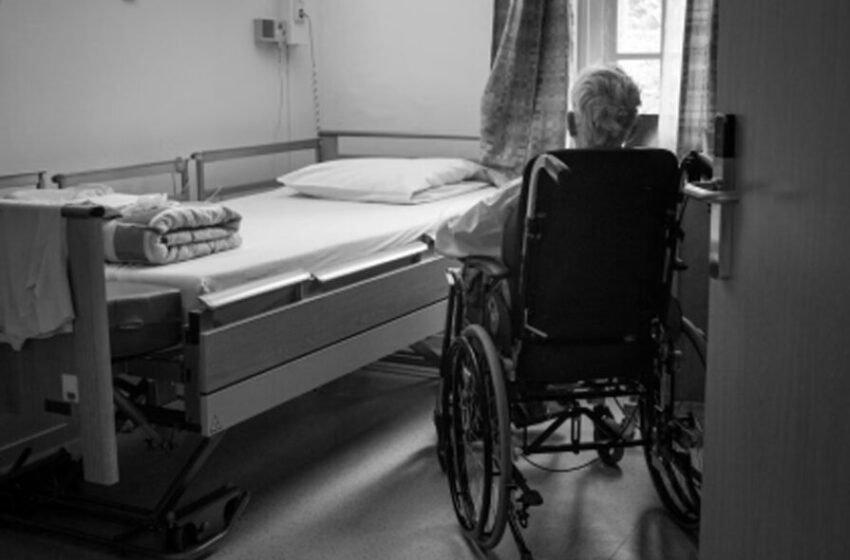7 Warning Signs of Neglect in a Nursing Home

Neglect is still a serious problem in a lot of nursing homes. It affects thousands of senior citizens who depend on caregivers for their safety and basic needs. Unfortunately, residents often suffer preventable injuries, medical complications, and psychological problems due to neglect.
To protect elderly family members and ensure that they get adequate care, you must be able to recognize the warning signs. Since inadequate care can have devastating impacts on residents and their families, let’s discuss the signs you should look out for.
Sudden Weight Loss
If you notice that a loved one has lost weight suddenly in a nursing home, they may be facing serious neglect. This kind of weight loss might be a result of dehydration, inadequate nutrition, missed meals, or underlying health issues that may have been ignored. This change also indicates that caregivers are not meeting the dietary needs of residents. Malnutrition is one thing nursing homes often try to hide.
Poor Personal Hygiene
A lot of nursing home residents require assistance with their personal care. For instance, they’ll need help brushing their teeth and bathing. If you’ve noticed unwashed hair, dirty clothing, foul body odor, or overgrown nails, caregivers may be failing to provide basic daily care. This can compromise their dignity, health, and overall quality of life.
Untreated Medical Conditions
Untreated medical issues are another clear warning sign of neglect in nursing homes. If you notice a stage 4 bedsore or other conditions like untreated infections or unmanaged chronic illnesses, you must take action immediately. This kind of neglect shows that there is inadequate staffing, poor supervision, or indifference to residents’ health and well-being.
Unexplained Bruises or Injuries
When nursing homes have staffing issues or shortages, they may not be able to prevent residents from intentionally or accidentally harming themselves. In these situations, residents may suffer severe injuries like concussions, broken bones, or bedrail injuries. Fall-related injuries may also be more common when there is not enough supervision.
Unsanitary Living Conditions
Nursing homes should be able to provide clean clothing, bedding, and living areas for residents. If you notice unsanitary living conditions with dirty bedding, foul odors, pest infestations, or cluttered rooms, residents may be facing neglect. These conditions increase the risk of infections and compromise residents’ comfort. That is why you must always explore the best care options for your loved one beforehand.
Loss of Mobility
Nursing homes usually have policies and programs to keep residents physically active and mobile. Neglect, which involves staff leaving residents in their beds or wheelchairs for long periods, can cause mobility issues. If residents sit in one position without being repositioned, they may suffer injuries that often worsen with time.
Psychological Issues
Neglect in nursing homes often leads to emotional issues. For instance, residents might develop a fear of caregivers, reluctance to open up to staff, resentment, or anger. Constant neglect can also cause depression or anxiety. You may also notice some residents distancing themselves from friends and family members due to the neglect they’ve suffered.
Endnote
You might notice several warning signs if a loved one suffers neglect in a nursing home. These include sudden weight loss, poor hygiene, untreated conditions, unexplained bruises, and unsanitary living conditions. Psychological problems and the loss of mobility also signal nursing home neglect.





